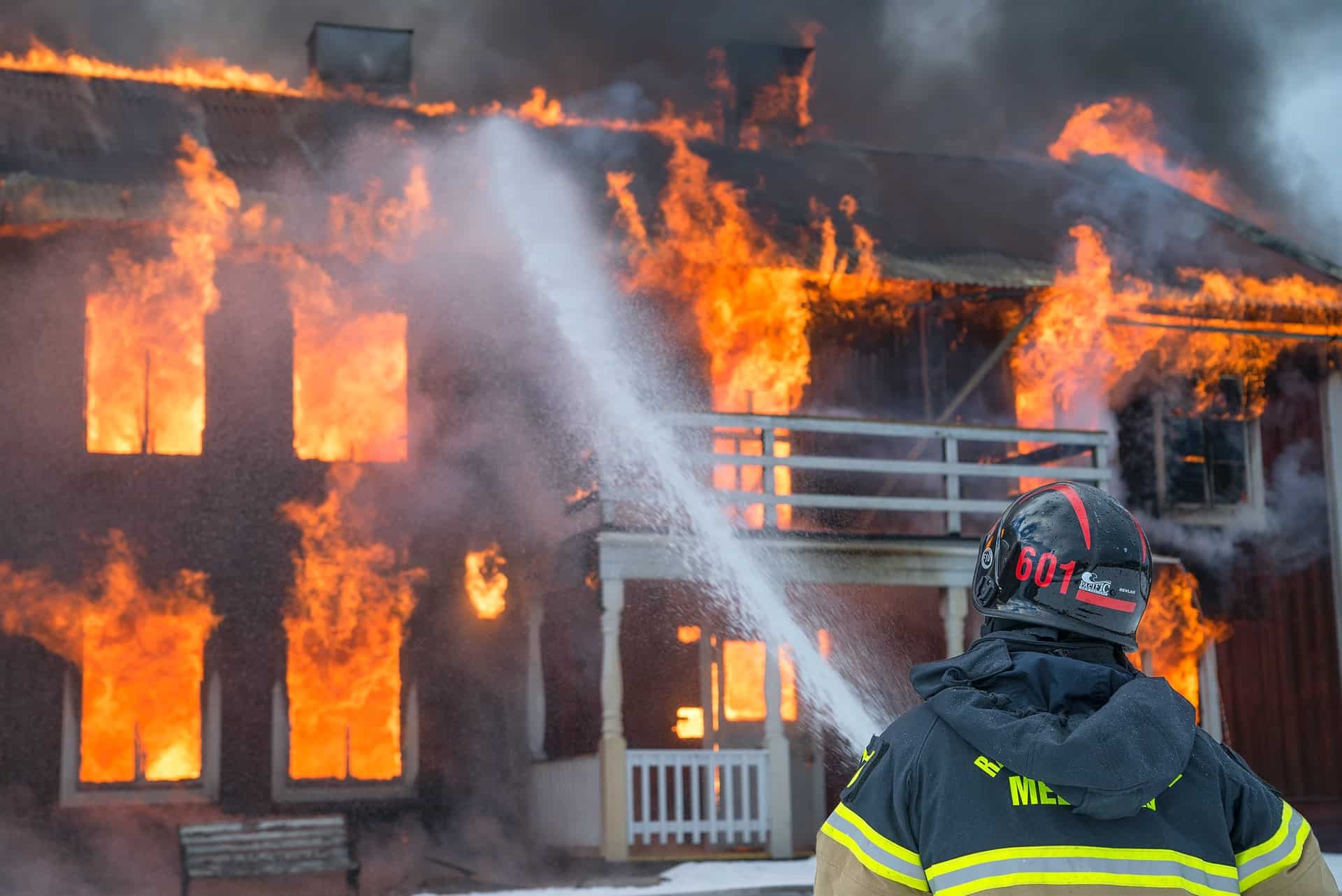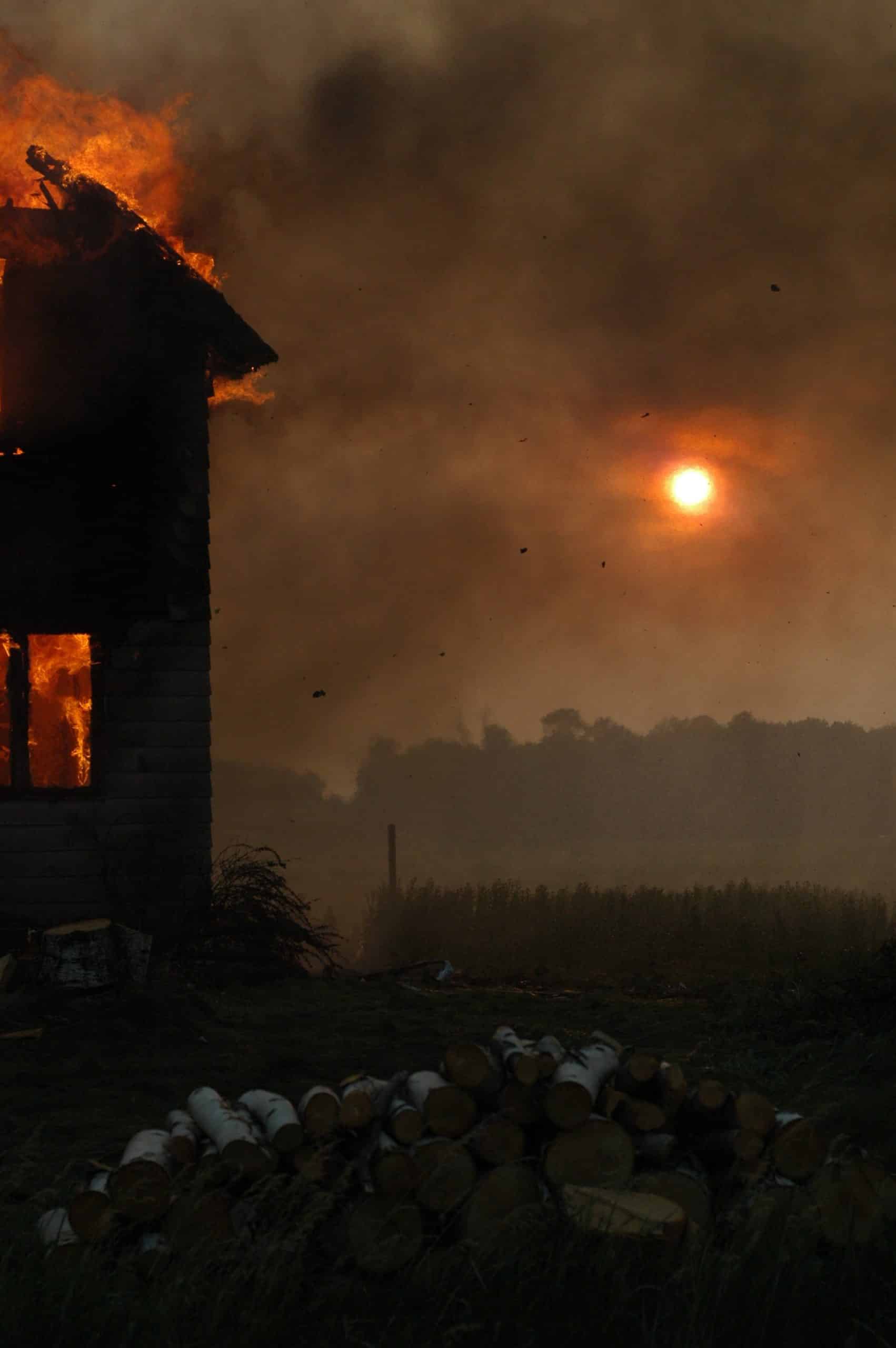In the first hours and days after a fire, it’s normal to feel overwhelmed by emotions, disoriented, and not sure what to do next. It’s an overwhelming experience, and it will take time to get your bearings.
But there are several things that will require your immediate attention in those first few days. Fortunately, there is help available. Disaster relief agencies like the Red Cross can assist with finding immediate shelter, but there are other things that will require your attention as well.
Following these steps will help you learn what to do immediately after a fire, including preparing your house fire insurance claim.
IMAGE: UNSPLASH
1. Find Somewhere To Stay
Finding a place that’s safe and comfortable will be one of the first things you have to do. Options include staying at a hotel or staying with friends and family. It can help to have support from loved ones at a time like this, or you may prefer space and privacy for you and your household. Wherever you end up staying, make sure to keep all documents and invoices related to your stay.
Relief agencies like the Red Cross may also provide assistance, such as free temporary shelter or funds to find shelter.
2. Contact Your Insurance Company
Your fire insurance policy requires you to contact the insurer as quickly as possible. Soot and smoke damage worsens over time, and if any belongings or parts of your home can be restored, work will have to begin quickly.
The sooner you get started with your insurance claim, the sooner work begins to repair your home, and your family can move back in.
After calling your insurance agent, you will also have to initiate your claim in writing to your insurer. In this notice, describe the nature of the loss and the circumstances around it to the best of your ability.
You should also request a cash advance from your insurer to help pay for emergency costs such as food and shelter.
3. Request Your Long-Form Policy
You will want the long-form version of your insurance policy so that you know what your deductibles and coverage limits are, as well as any other conditions. Review this information or get help from an insurance lawyer to make sure that what the insurer offers meets what you’re entitled to according to your policy.
4. Secure Your Home
Work with your insurance company on securing your home to protect it from the elements or squatters. Further damage can still occur on the site, and it’s important to prevent it. Actions like tarping over the roof and boarding up the windows can help.
You may also want to inform the police about the state of your home, as such sites can be attractive to squatters, looters, or vandals.
5. Document Your Losses
Once the fire department has confirmed that the site is safe to enter, take photos and videos of the full extent of the damage to both the structure and your belongings. You may need to present these to your insurance adjuster, or you may want them if you have to dispute or negotiate the settlement.
This is also your opportunity to remove valuables or sentimental belongings that have been spared or that can be restored. Document anything you remove from the site.
If you are interested in even more lifestyle-related articles and information from us here at Bit Rebels, then we have a lot to choose from.


COMMENTS